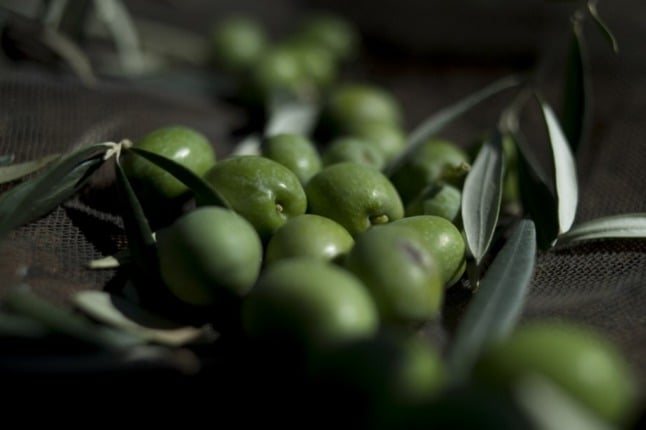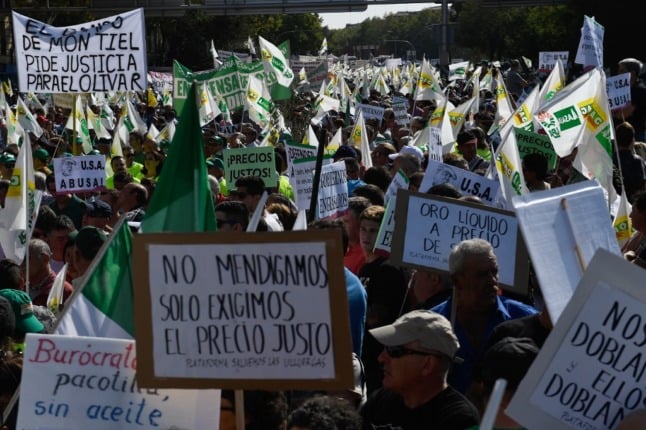Factories and utilities reduced production by 1.4 percent in the year to July after smoothing out seasonal blips, the National Statistics Institute said.
Output fell 2.2 percent on an annual basis in the previous month.
It was the 23rd straight month showing an annual decline in industrial production from the eurozone's fourth-largest economy.
The news comes as Spain hopes to crawl out of a two-year recession in this quarter and shake off the aftermath of a decade-long property bubble that imploded in 2008.
Output of consumer goods tumbled 1.5 percent overall.
But in a worrying sign for the economy, production of durable consumer goods such as cars or washing machines plunged 10.5 percent while output of non-durable consumer goods such as food or paper eased 0.4 percent.
Producers boosted output of business equipment by 3.9 percent.
Production of intermediate goods used in manufacturing, such as chemicals, fell 4.6 percent.
Utilities lowered energy output by 2.3 percent.




 Please whitelist us to continue reading.
Please whitelist us to continue reading.
Member comments